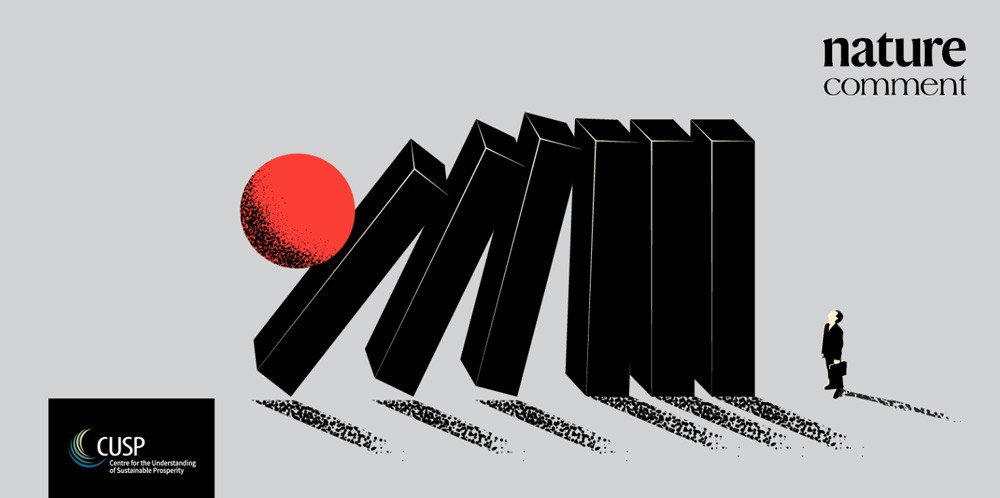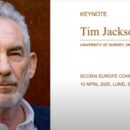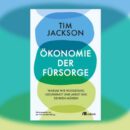By Jason Hickel, Giorgos Kallis, Tim Jackson, Dan O’Neill, Juliet B. Schor, Julia K. Steinberger, Peter A. Victor and Diana Ürge-Vorsatz
Nature Comment | 12 December 2022
Summary
The global economy is structured around growth—the idea that firms, industries and nations must increase production every year, regardless of whether it is needed. This dynamic is driving climate change and ecological breakdown. High-income economies, and the corporations and wealthy classes that dominate them, are mainly responsible for this problem and consume energy and materials at unsustainable rates.
Yet many industrialized countries are now struggling to grow their economies, given economic convulsions caused by the COVID-19 pandemic, Russia’s invasion of Ukraine, resource scarcities and stagnating productivity improvements. Governments face a difficult situation. Their attempts to stimulate growth clash with objectives to improve human well-being and reduce environmental damage.GDP is getting a makeover—what it means for economies, health and the planet
Researchers in ecological economics call for a different approach: Wealthy economies should abandon growth of gross domestic product (GDP) as a goal, scale down destructive and unnecessary forms of production to reduce energy and material use, and focus economic activity around securing human needs and well-being.
The comment piece is available in open access format via the nature.com website. If you have difficulties accessing the paper, please get in touch: info@cusp.ac.uk.
Citation
Hickel J, Kallis G, Jackson T, O’Neill D, Schor J B, Steinberger J K, Victor PA and D Ürge-Vorsatz 2022. In: Nature 612, 400-403 (2022). Doi: https://doi.org/10.1038/d41586-022-04412-x
This post also appeared on the CUSP website.
Image: @ istock.com/dickcraft (modified)





